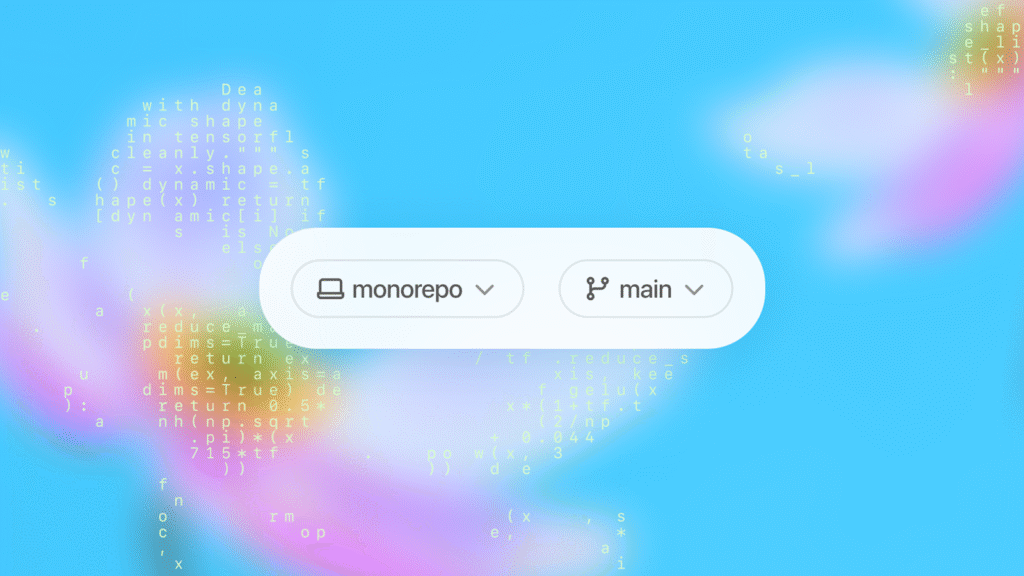OpenAI is introducing a powerful language model called Codex, which is specifically created to assist developers in quickly generating code. Codex has been integrated with ChatGPT and can help with common coding tasks such as diagnosing and fixing errors, explaining code, and creating additional features. Codex is initially reserved for paid ChatGPT users, but OpenAI will make it accessible to everyone soon.
The model behind Codex, codex-1, is specifically designed to handle coding challenges more effectively than previous versions. Codex performs its tasks in a private environment to ensure privacy and security. Developers can link Codex to their GitHub accounts in order to let it assist with their ongoing work.

What Codex Can Do
Codex assists developers by providing help with a wide range of coding tasks. Any time a programming error occurs, a developer can simply ask how to resolve it using their preferred natural language processing tool. Codex will fix the issue, execute the new code, and display what worked. It is able to do several things at the same time, such as developing new features and explaining how past code works.
The company claims that Codex is more accurate and produces better code than the language models that came before it. It keeps working until it passes all tests, which could take anywhere from one minute to half an hour. Developers can watch their progress in real time and make changes if needed.
Who Can Use Codex
Right now, Codex is available to people who pay for ChatGPT Pro, Enterprise, or Team plans. These users get free access at first, but OpenAI will soon add limits on how much they can use it. After that, users can buy more credits if they need them. Students and regular ChatGPT Plus users will get access later.
Codex is part of a growing trend of AI coding tools. Companies like Google and Microsoft say about 30% of their code is now written by AI. Other tools, like Anthropic’s Claude Code and Google’s Gemini Code Assist, are also popular.
Safety and Limits
OpenAI took steps to ensure Codex’s use is secure. It works separately from the internet to prevent it from leaking sensitive information or installing harmful software. It can detect and reject requests to create harmful software.
However, Codex is not perfect. It is possible for the technology to produce errors. A Microsoft study showed that the best AI tools for coding often fail to correctly resolve bugs. It is up to software engineers to review Codex’s output before using it on live applications.
Why Codex Matters
Codex might help developers save significant amounts of time. Codex can provide a writer for new features, repair bugs, or clarify parts of a codebase. OpenAI believes Codex has the potential to serve as a reliable assistant that takes on tedious or repetitive parts of a developer’s job.
The tool is part of OpenAI’s plan to make ChatGPT more useful. Recently, they added features like video creation with Sora and web browsing with Operator. Codex could convince more people to pay for ChatGPT subscriptions.

The Future of AI Coding
OpenAI is not done improving Codex. They have released an improved version of their free coding tool, Codex CLI. Codex is now being developed to help with larger projects, such as switching legacy codebases to modern technologies or enhancing database performance. Codex excels at menial tasks, but it cannot fully replace the work developers do. It lets developers use their skills best by letting the AI take care of repetitive work. Using tools like Codex could make software development go even faster and more efficiently.





